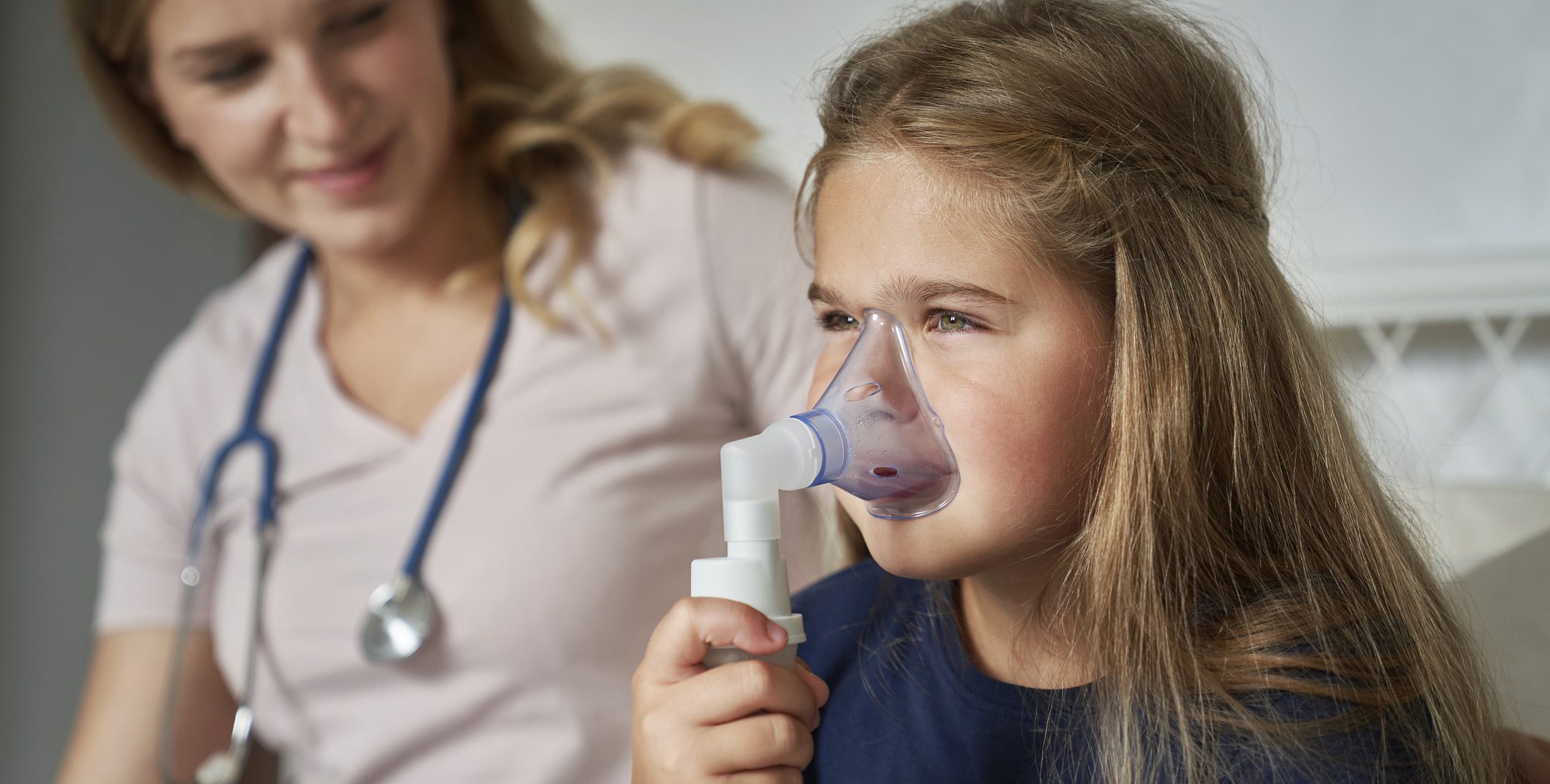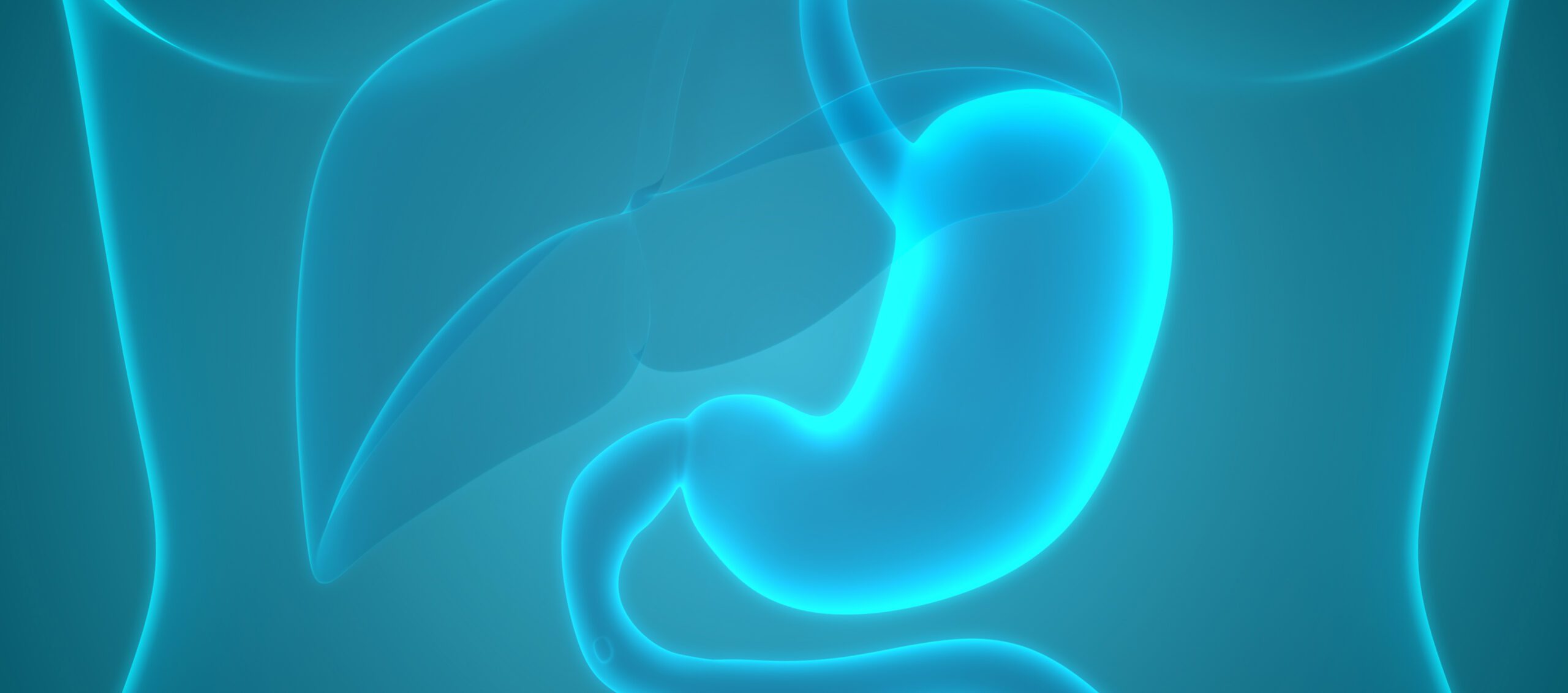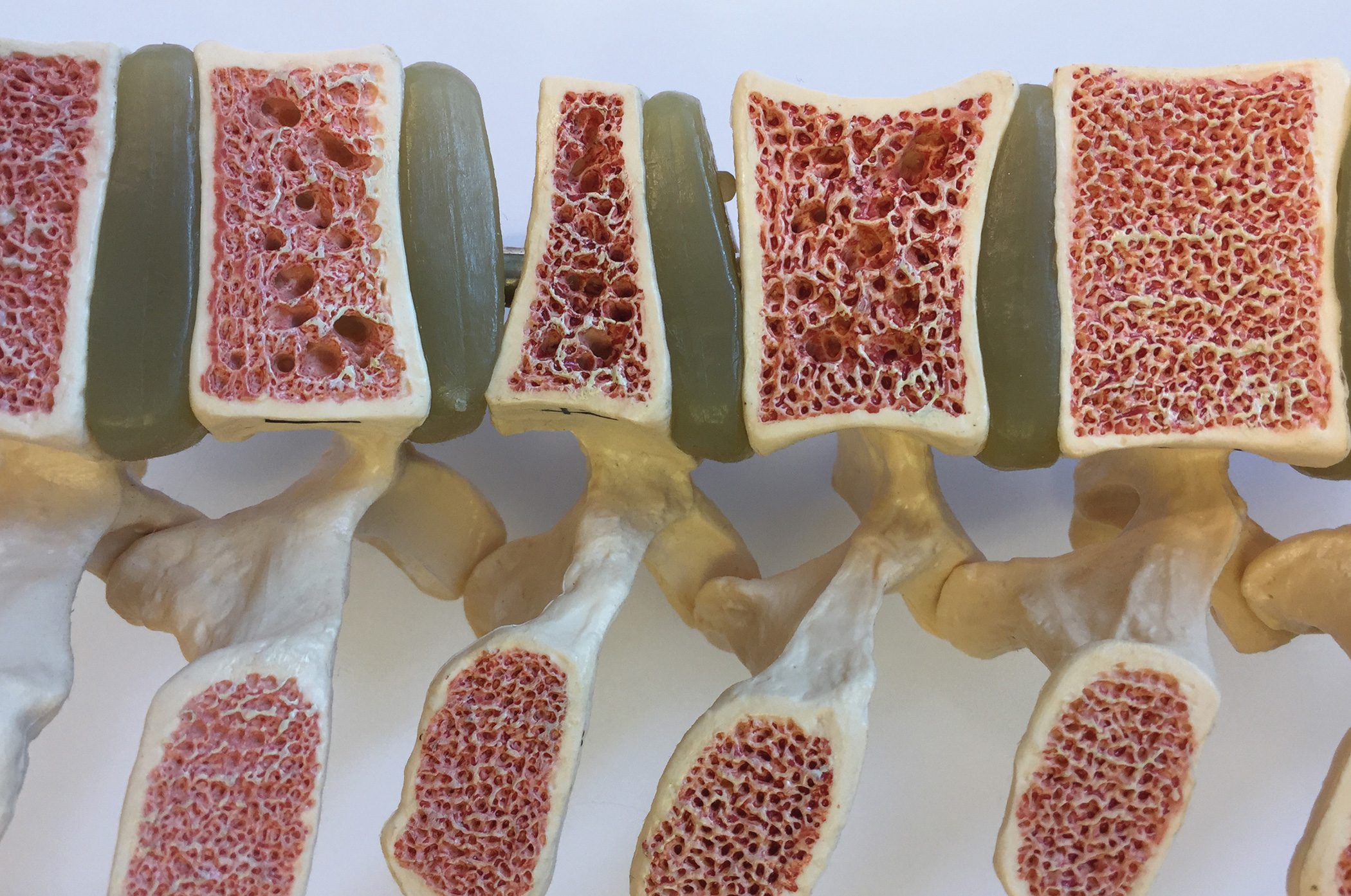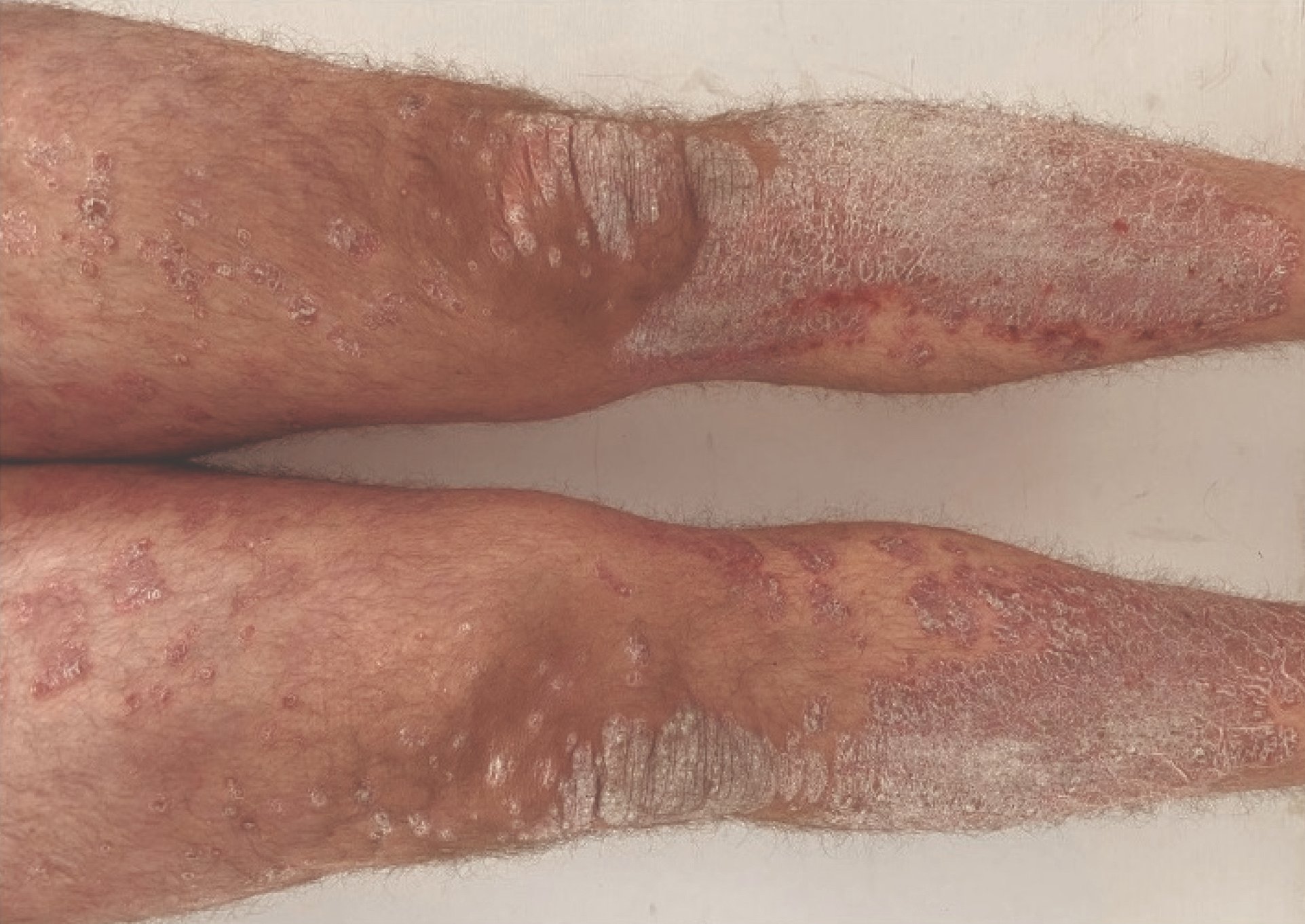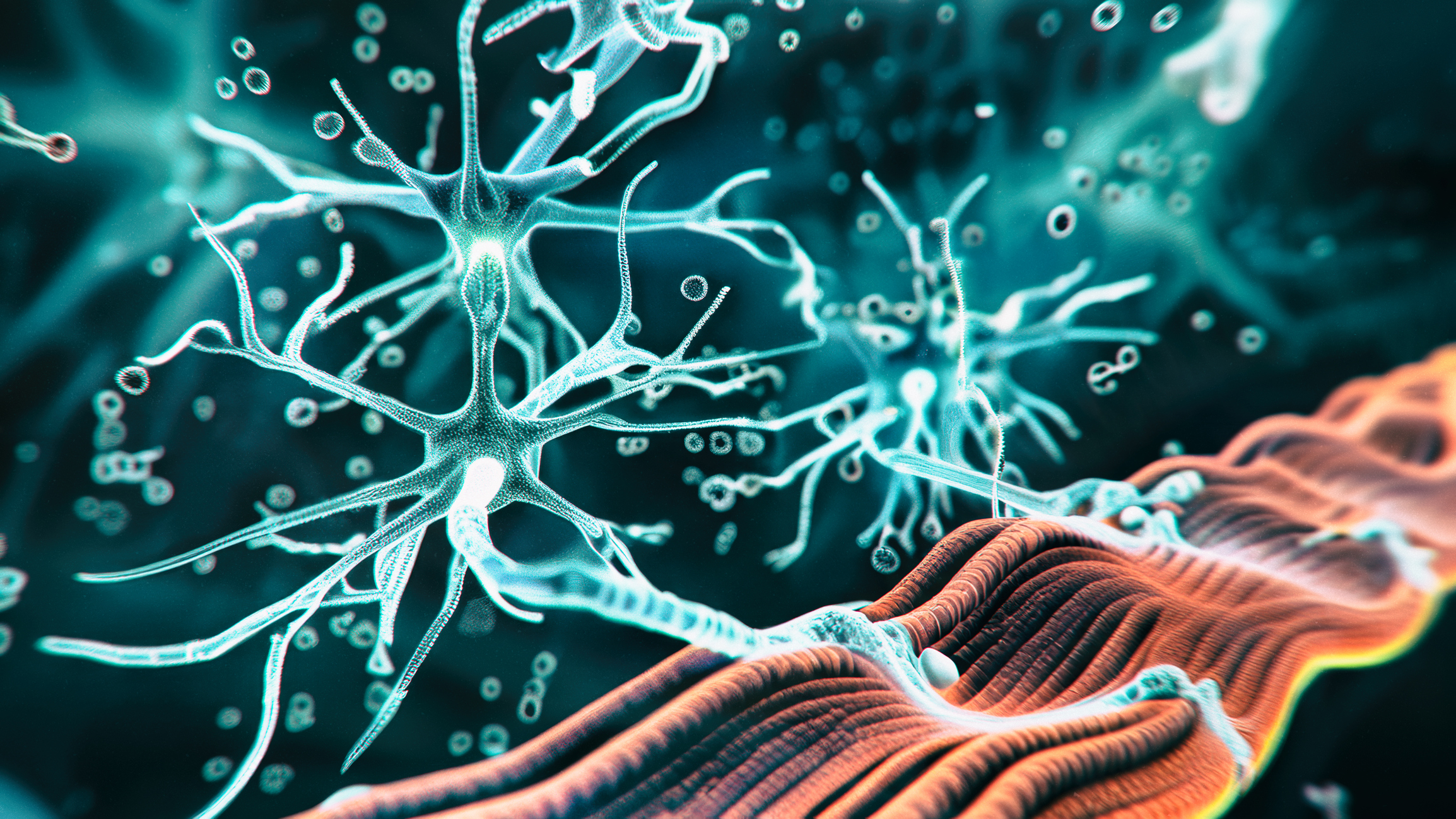Vertigo is a symptom of various diseases and etiologies. In addition to the peripheral information organs for balance, the brain or psyche can also be causative for the development of a feeling of vertigo. The differential diagnostic differentiation between peripheral-vestibular disorders and central-vestibular dysfunctions is essential. Therefore, the first step is to identify whether acute central damage, such as a stroke, is underlying the vertigo symptoms.
Vertigo can occur when there is an inconsistency between the different information obtained peripherally about the position in space. This information is conveyed through the organ of equilibrium, vision, hearing, and specific receptors in the muscles. This inconsistency causes “disinformation” to occur in the brain. However, corresponding misinformation can also arise in the brain itself (central cause) or, as in psychogenic vertigo, be supposedly experienced by the patient himself [1].
Simple functional test with high differential diagnostic significance
As we age, the incidence of dizziness increases. While central vestibular vertigo is due to disturbances in the brain, peripheral vestibular vertigo occurs when the vestibular organ or nerve is disturbed in the inner ear. The main purpose of clinical examination in patients with vertigo symptoms is to differentiate peripheral vestibular damage from central dysfunction (e.g., stroke) [2]. The “HINTS”(Head ImpulseTest, Nystagmus, Test of Skewdeviation) are essential for this, emphasizes Nikos Kastrinidis, MD, from the Sihlcity Medical Center, Zurich [3]. In a conspicuous constellation, the sensitivity for the presence of a central vestibular etiology is 98%. Therefore, he recommends that the following diagnostic measures be performed in all patients with symptoms of vertigo [1,2,4]:
Head Imp ulse Test: head impulse tests to test the vestibulo-ocular reflex during head movements of high frequency, high acceleration, and high velocity (3-5 Hz, vs. calorics 0.003, rotar tests 0.1-0.64 Hz), preferably with videoculography for quantitative analysis, documentation, and detection of hidden corrective saccades.
Nystagmus: testing for peripheral vestibular spontaneous nystagmus vs. central fixation nystagmus using Frenzel glasses or M-glasses. Is there gaze direction nystagmus opposite to the direction of possible spontaneous nystagmus or vertical gaze direction nystagmus?
Test of Skew Deviation: Examination for skew deviation/vertical divergence of the eyes using an alternating cover test.
Table 1 shows what are possible signs of a central vestibular cause of vertigo [3]. The head impulse test is abnormal in peripheral-vestibular etiology but normal in central cause of vertigo. Gaze direction nystagmus indicates a central etiology, as does pathologic skew deviation. “Peripheral-vestibular never has pathologic skew deviation,” the speaker explained. Skew deviation is an asymmetric, vertical squint caused by oculomotor dysfunction.

What are the most common causes of peripheral-vestibular dizziness?
If the results in the HINTS indicate a peripheral-vestibular cause, the possible underlying pathologies can be further narrowed down. Benign paroxysmal positional vertigo, Meniere’s disease, and neuritis vestibularis are among the most common diagnoses of acute vertigo in family practice [1].
Benign paroxysmal positional vertigo is rotational vertigo that occurs in a position-dependent manner [1]. They are typically brief, spontaneous spinning attacks triggered by certain head and body position changes. As an example, the speaker mentions a patient who reports that he turned over in bed and he had the feeling that everything was spinning like a merry-go-round. The vertigo attacks last from seconds to minutes. No discomfort occurs at rest. Canalolithiasis of the posterior archway is present in 80-90% of cases, and canalolithiasis of the horizontal archway is found in 10-20% [3]. The principle of therapy is to use positioning maneuvers to move the otoconia, which have entered an arcade, back toward the utricle by rotating the head [2].
Meniere’s disease is also dominated by spinning vertigo, with sudden attacks of vertigo occurring regardless of position and lasting up to 24 hours. Usually, this is increasingly also associated with hearing loss and tinnitus/ear pressure, as it is a disease with cochlear involvement. A relationship between chronic otitis media and Meniere’s disease has been described in the literature [2]. CAVE Nystagmus: may or may not occur [3]. Therapy of choice is usually betahistine, the speaker said [3].
In neuritis vestibularis, the vertigo symptoms also occur independently of position, usually in the form of very violent, sudden spinning vertigo, usually lasting for more than 24 hours and accompanied by a tendency to fall to the sick side and usually by nausea and vomiting. The cause of these vertigo symptoms is viral or paraviral inflammation of the vestibular nerve (balance nerve at the base of the internal auditory canal) [1]. The symptoms of vertigo are so severe that some patients cannot get out of bed and are brought by ambulance. On examination with Frenzel glasses, a strong horizontal dropout nystagmus is detectable. In most cases, nystagmus is already recognizable without Frenzel glasses [1]. As a therapeutic measure, physiotherapy should be prescribed promptly in addition to high-dose steroids [1].
Vestibular migraine – a special case
In 30-50% of patients, symptoms of vertigo or balance disorders occur in addition to migraine [3]. Most often it is diffuse vertigo, sometimes described as spinning vertigo. Concomitant photophobia and/or phonophobia is characteristic. The therapy of choice is high-dose magnesium and/or high-dose riboflavin, the speaker said. In addition to those described, there are also some rarer causes of peripheral-vestibular dizziness. These include, for example, acute otitis media with inner ear involvement or retrochochlear pathology.
Congress: Forum for Continuing Medical Education
Literature:
- DEGAM Guideline No. 17 Acute dizziness in family practice, www.awmf.org/uploads/tx_szleitlinien/053-018l_S3_Akuter_Schwindel_Hausarztpraxis_2018-07_1-abgelaufen_01.pdf, (last accessed Sept. 27, 2022).
- S2k Guideline Vestibular Dysfunction, as of March 2021, AWMF Registry No. 017/078, www.awmf.org/uploads/tx_szleitlinien/017-078l_S2k_Vestibulaere-Funktionsstoerungen_2021-05.pdf, (last accessed Sept. 27, 2022)
- “Vertigo – What Next?”, 6 highlights in 60 minutes, Nikos Kastrinidis, MD, FomF, WebUp Aug. 22, 2022.
- Newman-Toker DE, et al: Normal head impulse test differentiates acute cerebellar strokes from vestibular neuritis. Neurology 2008; 70: 2378-2385.
HAUSARZT PRAXIS 2022; 17(10): 48-50
InFo NEUROLOGY & PSYCHIATRY 2022; 20(6): 32-33.






